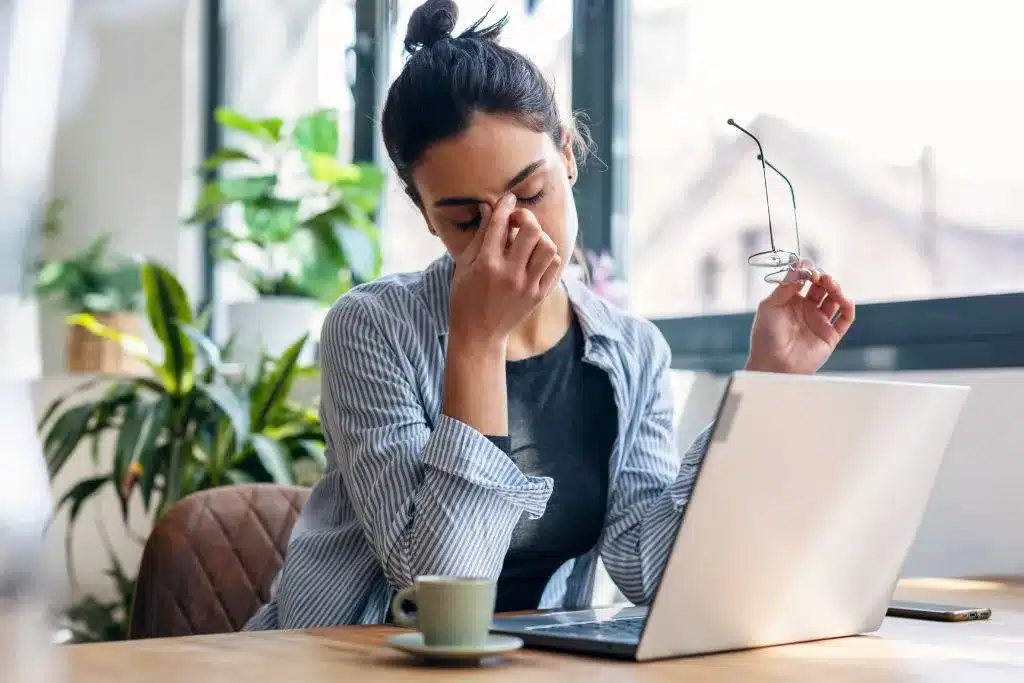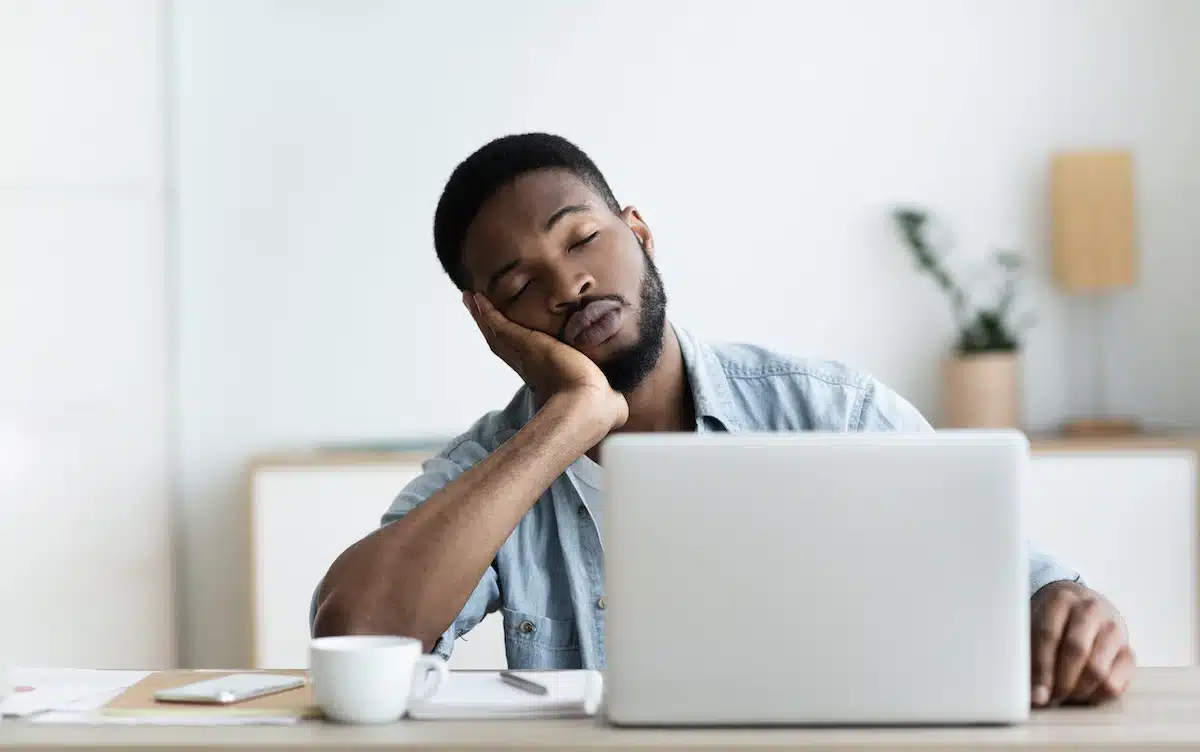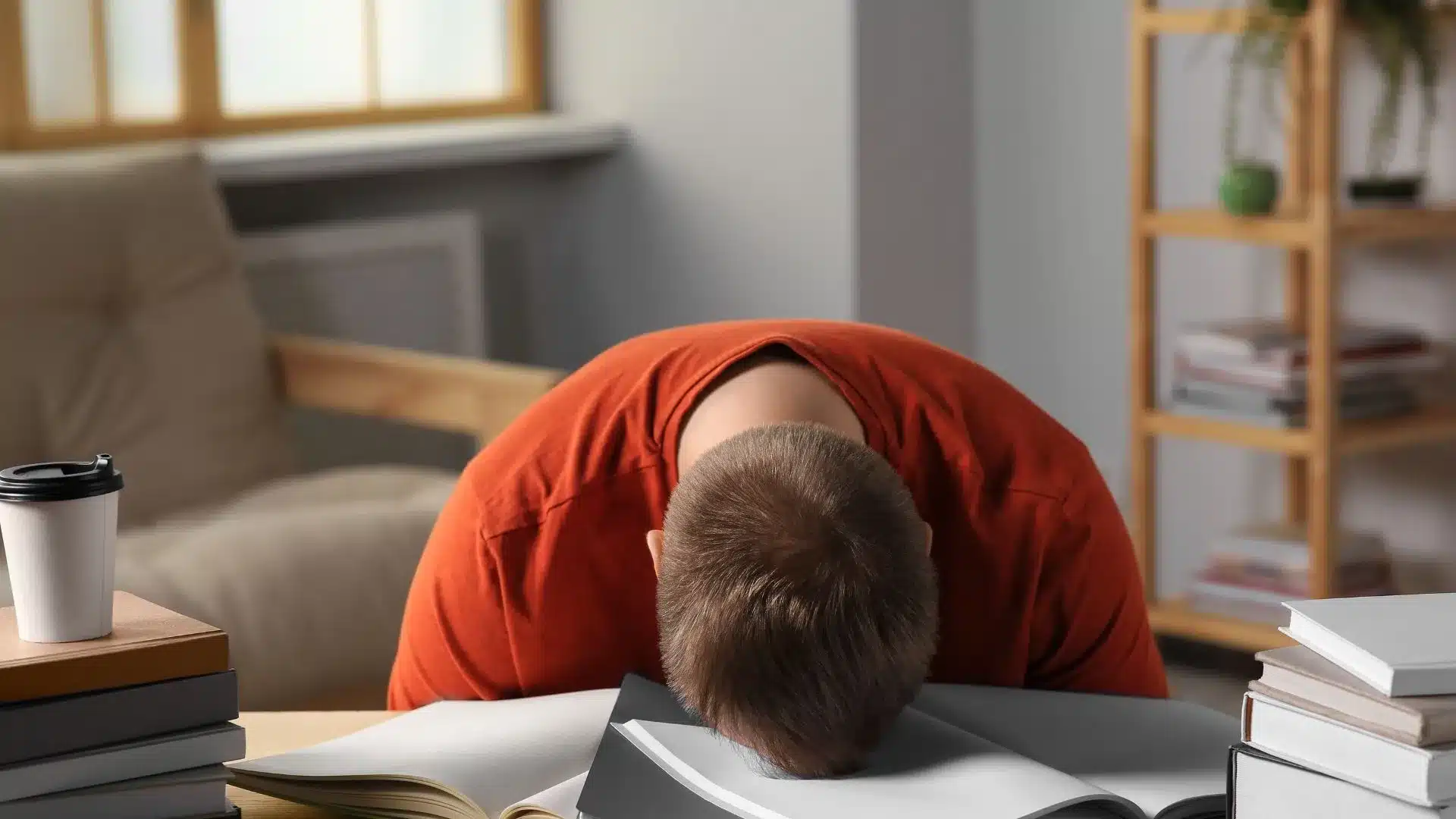A few years ago, if someone bragged about their sleep status, you might have rolled your eyes.
Now, it’s a flex. Welcome to the era of status sleeping, where getting a solid 8 hours or more isn’t just healthy, it’s a lifestyle badge. People are no longer ashamed of sleeping early or skipping a night out to protect their sleep schedule. In fact, they’re proud of it.
Blame burnout culture. Blame Whoop bands. Blame sleep influencers (yes, that’s a thing). But somewhere along the way, sleep went from a necessity to a symbol. Your REM score? It’s your new social currency.
It starts with the tech. From Oura rings and Apple Watches to the Eight Sleep Pod and even TikTok-recommended sleep masks, people are throwing serious money into optimizing their rest. The global sleep economy is now a $432 billion market, and it’s growing fast. Sleep is big business, and brands know it.

But it’s not just the gear. It’s the way people talk about sleep. On TikTok, #bedtime has over 3 billion views. Influencers share ASMR-style “get ready with me” videos featuring herbal teas, magnesium sprays, lavender oils, and $300 silk pajamas. There are Instagram aesthetics built around cloud-like duvets, soft candlelight, and minimalist alarm clocks. A good night’s sleep has become aspirational.
Part of this shift is cultural. We’re living in a post-hustle era. For a while, hustle culture ruled, sleeping less meant working more, and bragging about your 4 a.m. wake-up time was cool. That narrative is dead. Now it’s all about balance, longevity, and biohacking your way to optimal performance. Sleep isn’t for the lazy anymore; it’s for the elite. Just ask Jeff Bezos, who famously said he needs eight hours of sleep to make high-quality decisions. Or LeBron James, who reportedly sleeps 12 hours a day. The message is clear: if you want to be successful, you need to sleep.

There’s also a deep layer of anxiety woven into this. People track their sleep obsessively, and paradoxically, that obsession can make things worse. Sleep experts have started to see patients with a condition called “orthosomnia”, basically, insomnia caused by a fixation on achieving perfect sleep. If your ring tells you that you only got 74% recovery, suddenly your whole day feels off. You’re not just tired; you’re underperforming. It turns sleep into another metric to optimize, not a space to simply rest.
And while all of this sounds healthy on the surface, it comes with a layer of performativity. Are people actually sleeping better, or are they just curating the idea of good sleep for Instagram? There’s a difference between a wellness routine and a wellness performance. When your sleep routine takes three hours, includes 12 products, and ends with you posting a time-lapse of your peaceful face in bed, is that really about rest? Or is it just another form of content?
Then there’s the class element. Not everyone can afford $4,000 mattresses or has the kind of job flexibility that allows for 10 p.m. wind-down rituals. A lot of sleep privilege is tied to lifestyle. People with predictable schedules, quiet homes, childcare support, and financial stability are more likely to sleep well. In that way, “status sleep” is exactly that: a privilege that not everyone gets to enjoy. It raises the question of whether the pursuit of perfect sleep is accessible wellness or just another bougie trend.

Still, there are upsides to all of this. Sleep deserves to be valued. For years, it was overlooked in the broader wellness conversation. Now it’s getting the attention it deserves. People are prioritizing sleep over all-nighters. They’re learning how important it is for mental health, metabolism, immunity, and mood. And for those who can afford the gear, the trackers can be genuinely helpful.
But if you strip away the layers of tech and trend, sleep remains one of the most basic and essential human functions. You don’t need a biometric ring to know that you feel better after a full night’s rest. You don’t need an infrared sauna or a cortisol-reducing weighted blanket. You need consistency, darkness, quiet, and a bit of calm.
The trick, maybe, is to stop treating sleep like a competition. You don’t win sleep. You just do it. And ideally, you enjoy it. Not because it looks good on your Instagram story or adds 10% to your recovery score, but because you woke up feeling like a functioning person.
And in a world that’s constantly demanding more, maybe that’s enough.
- Why Sleep Is the New Status Symbol and How Everyone’s Flexing It - April 15, 2025
- Elevating Home Audio with the Right Storage - April 15, 2025
- The Exact Diet Alec Baldwin Used to Lose 25 Pounds for “Blue Jasmine” - April 14, 2025

